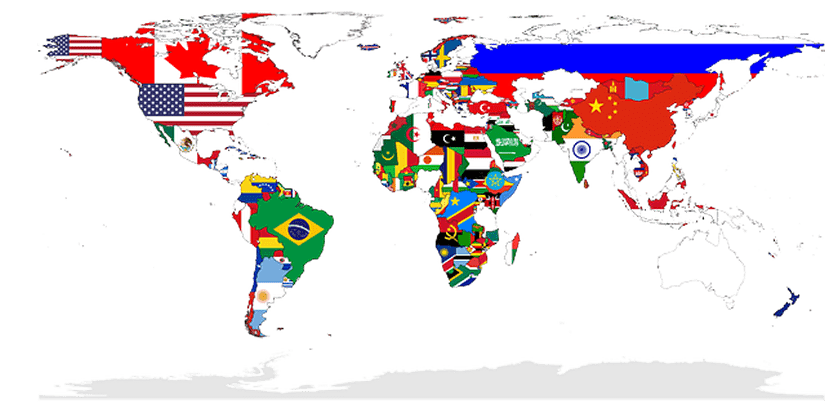The Central Bank of the Republic of Turkey (CBRT) cut its policy rate, the one-week repurchase auction rate, by another 100 basis points to 14.0 percent and has now cut it 5 percentage points following cuts starting in September though today.
The easing of monetary policy – which began after the current governor Sahap Kavcioglu was installed in March by Turkish President Tayyip Erdogan – reversed a monetary tightening cycle that was begun under the previous governor to curb rising inflationary pressures.
The Central Bank of the Republic of Turkey issued the following press release:
“Participating Committee Members
Şahap Kavcıoğlu (Governor), Taha Çakmak, Mustafa Duman, Elif Haykır Hobikoğlu, Emrah Şener, Yusuf Tuna.
The Monetary Policy Committee (MPC) has decided to reduce the policy rate (one-week repo auction rate) from 15 percent to 14 percent.
The reintroduction of travel restrictions and lockdowns due to the new variants keeps the downside risks to global economic activity alive and raises the uncertainty. Recovery in global demand, high course of commodity prices, supply constraints in some sectors and rise in transportation costs have led to producer and consumer price increases internationally. While the effects of high global inflation on inflation expectations and international financial markets are closely monitored, central banks in advanced economies assess that the rise in inflation on the back of rising energy prices and imbalances between supply and demand may last longer than previously anticipated. Accordingly, while monetary policy communication of central banks in advanced economies varies with their diverse outlook for economic activity, labor market and inflation expectations, they continue their supportive monetary stances and asset purchase programs.
National income data and leading indicators show that domestic economic activity remains strong, with the help of robust external demand. The spread of domestic vaccination throughout the society facilitates the recovery in services, tourism and related sectors, which have been adversely affected by the pandemic, and leads to a more balanced composition in economic activity. Current account balance is expected to post a surplus in 2022 due to the strengthening of the upward trend in exports. Strengthening of the improvement trend in current account balance is important for price stability objective, and in that respect, developments in commercial and consumer loans are closely monitored.
Increase in inflation in November has been driven by developments in exchange rates and supply side factors such as the rise in global food and agricultural commodity prices, supply constraints, and demand developments. The Committee decided to complete the use of the limited room implied by transitory effects of supply-side factors and other factors beyond monetary policy’s control on price increases and reduced the policy rate by 100 basis points. Cumulative impact of the recent policy decisions will be monitored in the first quarter of 2022 and during this period, all aspects of the policy framework will be reassessed in order to create a foundation for a sustainable price stability.
The CBRT will continue to use decisively all available instruments until strong indicators point to a permanent fall in inflation and the medium-term 5 percent target is achieved in pursuit of the primary objective of price stability. Stability in the general price level will foster macroeconomic stability and financial stability through the fall in country risk premium, continuation of the reversal in currency substitution and the upward trend in foreign exchange reserves, and durable decline in financing costs. This would create a viable foundation for investment, production and employment to continue growing in a healthy and sustainable way.
The Committee will continue to take its decisions in a transparent, predictable and data-driven framework.
The summary of the Monetary Policy Committee Meeting will be released within five working days.”
